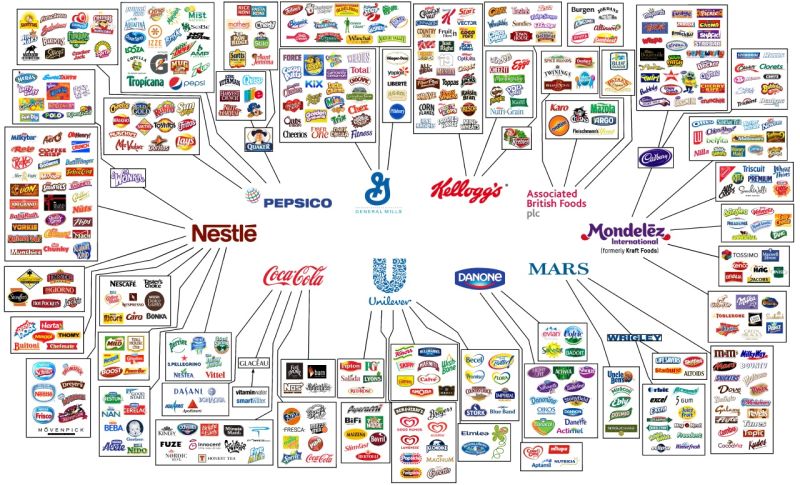In the video, How to Become Gluten Intolerant, a YouTuber presents a satire of the Gluten-Free trend scene. The YouTuber reveals it as “the hottest eating trend in the New Age Community, since we found out you don’t have to eat animals.” I included this video because many of the modern day Hipsters have taken to vegetarianism, gluten-free, veganism and other diets in the past decade. As the YouTuber says “Gluten tolerant used to be limited to the people who were intolerant to gluten…” The YouTuber proceeds to take a life coach approach to teaching the viewers how to become, or act, gluten intolerant. The video casts a sarcastic tone to the gluten free community that has recently grown and his steps to achieving this image of gluten intolerance is just as sarcastic. The humor reminds me of Dark Comedy where comedians would satirize the world around them in a deadpan tone. He never gives a punchline in his video and continues to go on with his tips on how to appear gluten intolerant.
One of his statements hits at the heart of Hipster values when he says, “If you’re ready to a ravenous appetite for impossible standards and dogmatic feelings of victimization, then lets get started.” He makes fun of how Hipsters ask for the impossible of people and how they demand that people be tolerant of their conditions, even if they’re not true. He also portrays Gluten-Free Hipsters as condescending mean-spirited individuals who love to torture waitresses. The YouTuber points out all of the inconsiderate acts that gluten-intolerant people do when ordering food or talking about their intolerance to other people. Examples of this are telling people about your bodily functions, their dogmaticalness and their open lies about their condition. He tackles the hypocritical nature of their lifestyle by telling the viewer that their is a strong correlation to how gluten intolerant someone is and how many people are around them. If someone is alone then they are miraculously are cured of their celiac disease, but with more people present they strangely become more gluten intolerant.
The YouTuber dresses like a spiritual life coach and puts the title “Ultra Spiritual Life” in his videos to make it obvious to all viewers that the videos were made as jokes. By no means are any of these videos to be taken seriously. He even dresses like a Hippy, wearing a purple shirt, a headband and a flower.

